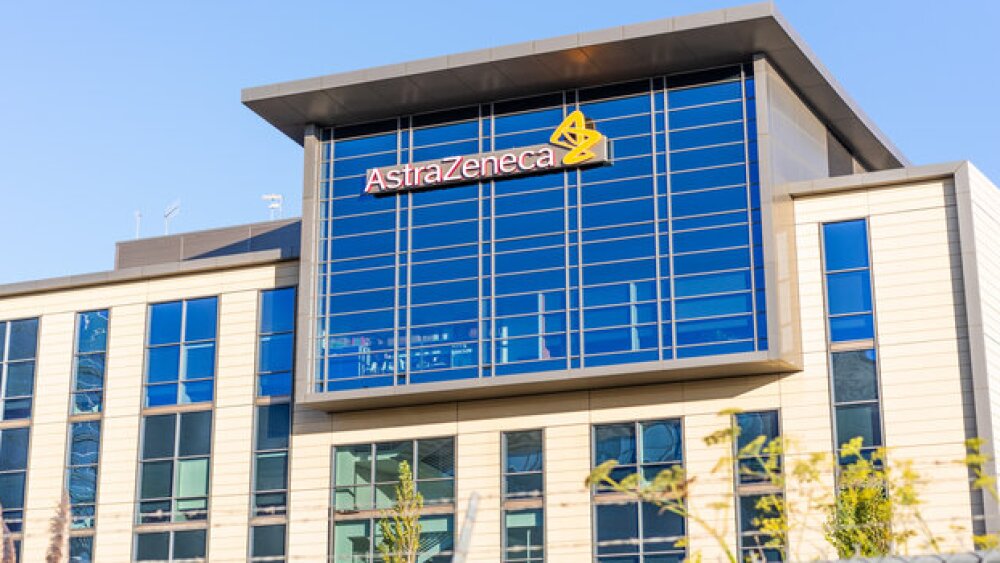A federal court in Delaware ruled Friday that the pharma company had no “entitlement” to any price above what the buyer is willing to pay.
Pictured: AstraZeneca office building/iStock, Sundry Photography
John Bennett was not surprised last week when a federal judge in Delaware ruled against AstraZeneca in its lawsuit challenging the Inflation Reduction Act’s drug price negotiation provision.
The Boston-based partner at the law firm of Allen & Overy said that U.S. District Judge Colm Connolly’s opinion on AstraZeneca’s due process claim was in line with another federal court’s denial of an injunction against the IRA program sought by the Dayton (Ohio) Chamber of Commerce last fall.
“The critical finding is that there is no constitutional property interest at play because electing to market a pharmaceutical product to Medicare is entirely voluntary,” Bennett wrote in an email to BioSpace.
He added that he expects the pharma industry to look deeper into the Medicare program during the appellate process. “I do think there are some legitimate counterarguments to that point based on the reality of how pharmaceutical products are marketed in the U.S. and the very large impact Medicare has on the US market.”
Original story published March 1:
AstraZeneca Loses Court Challenge to Inflation Reduction Act
A federal court in Delaware ruled Friday against AstraZeneca’s challenge to the Medicare drug price negotiation provisions of the Inflation Reduction Act, according to multiple reports.
U.S. District Judge Colm Connolly determined that AstraZeneca had “no legitimate claim of entitlement to sell its drugs to the Government at any price other than what the Government is willing to pay,” according to Endpoints News. The drugmaker had asked for summary judgment against this key section of the 2022 law, claiming that it violated its right to due process.
“We are disappointed with the court’s decision and the potential negative impact it will have on patients’ access to future life-saving medicines,” U.K.–based AstraZeneca said in a statement emailed to BioSpace. “We believe our challenge is necessary to support and improve patients’ access to future life-saving medicines, and our rights as a company.”
Unlike other big pharma companies, AstraZeneca chose to focus on the logistics of the Inflation Reduction Act’s implementation rather than the law’s constitutionality.
AstraZeneca said in the same email that it is “actively evaluating” next steps. Some observers have predicted a round of appeals by big pharma, including the likely consolidation of at least five cases into the U.S. Court of Appeals for the Third Circuit. Johnson & Johnson, BMS, Novo Nordisk and Novartis will all present their cases next week in New Jersey, which is also part of the Third Circuit.
Reuters reported that the Delaware judgment comes one day before AstraZeneca must respond to the initial pricing offer from the Centers for Medicare and Medicaid Services (CMS) for the SGLT2 inhibitor Farxiga (dapagliflozin). The drug is one of 10 CMS chose for the first round of talks. Negotiated prices will take effect in 2026.
Neil Versel is the business editor at BioSpace. You can reach him at neil.versel@biospace.com. Follow him on LinkedIn or X.





